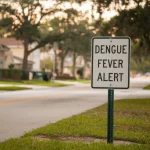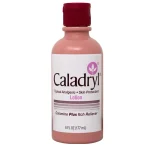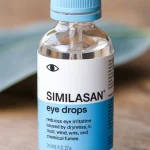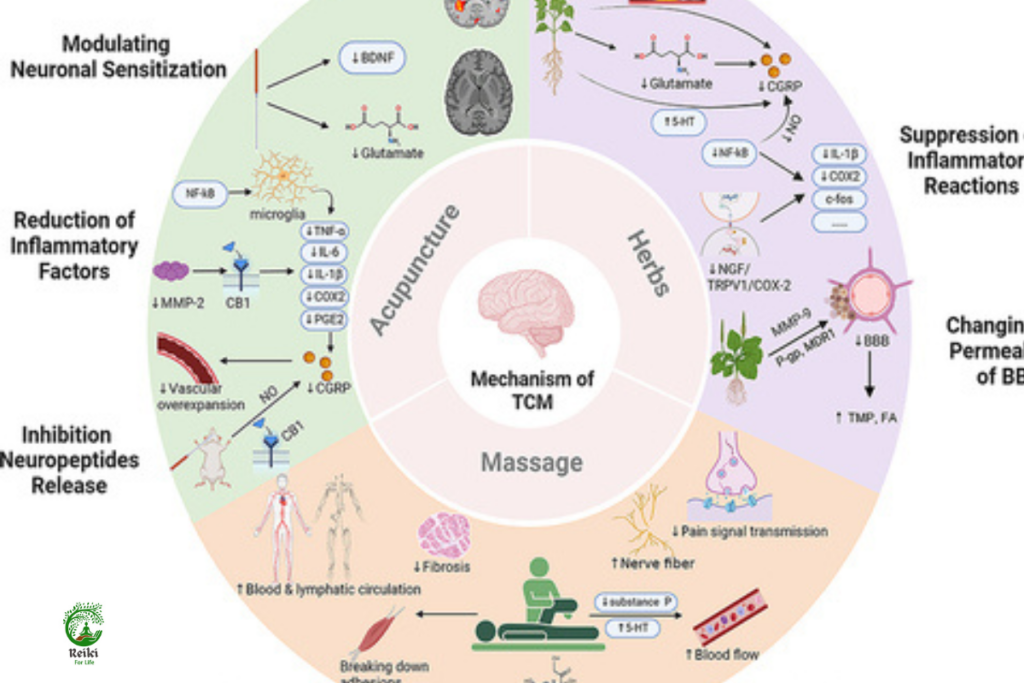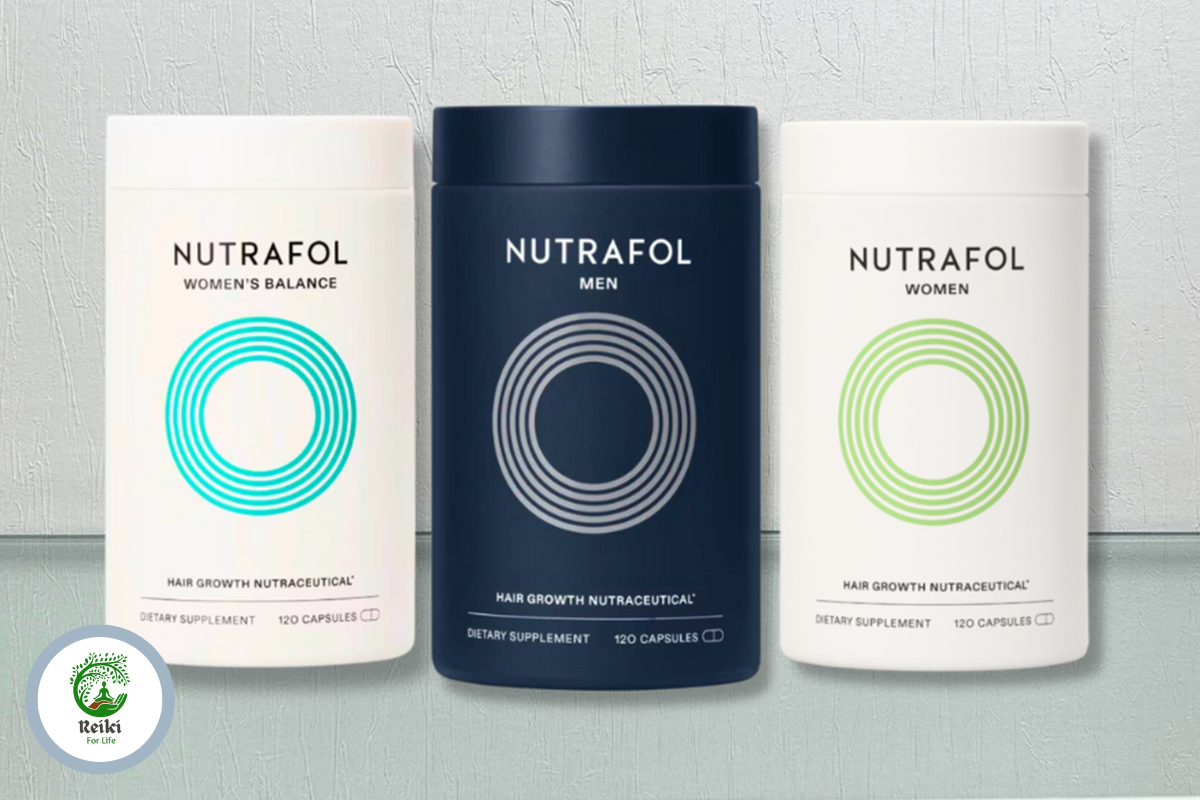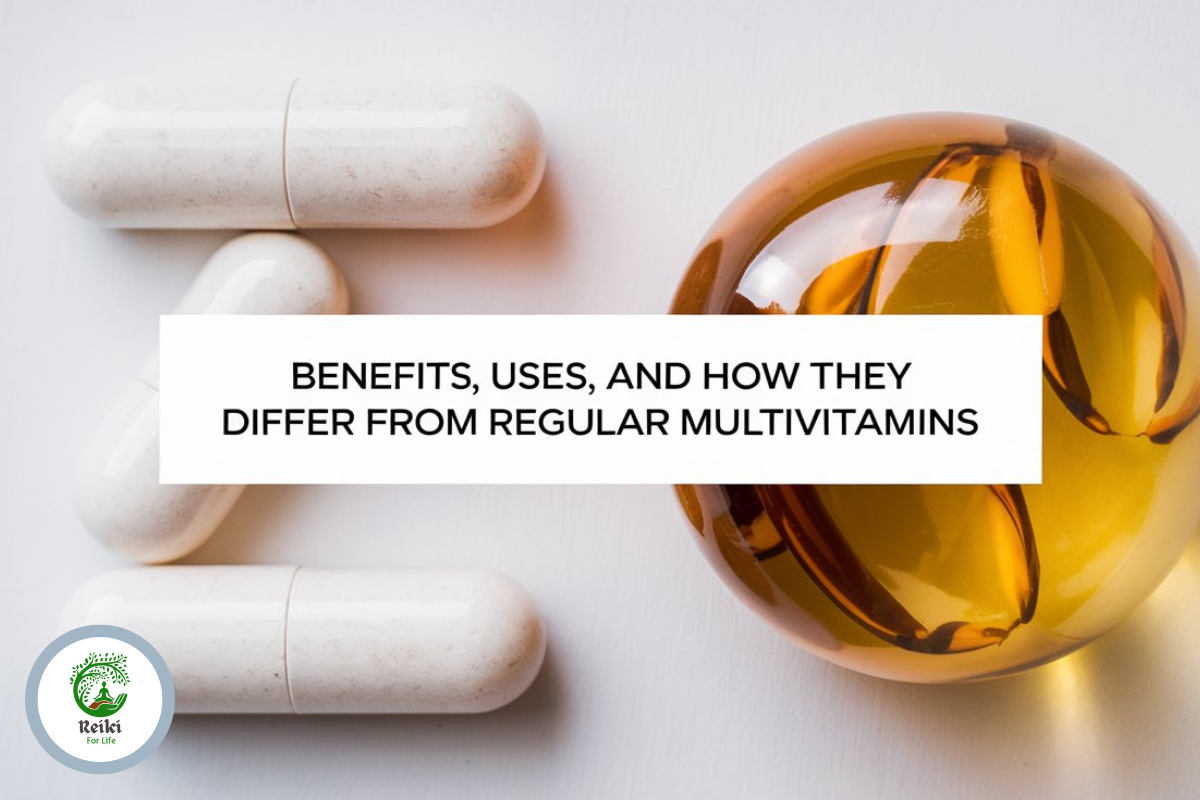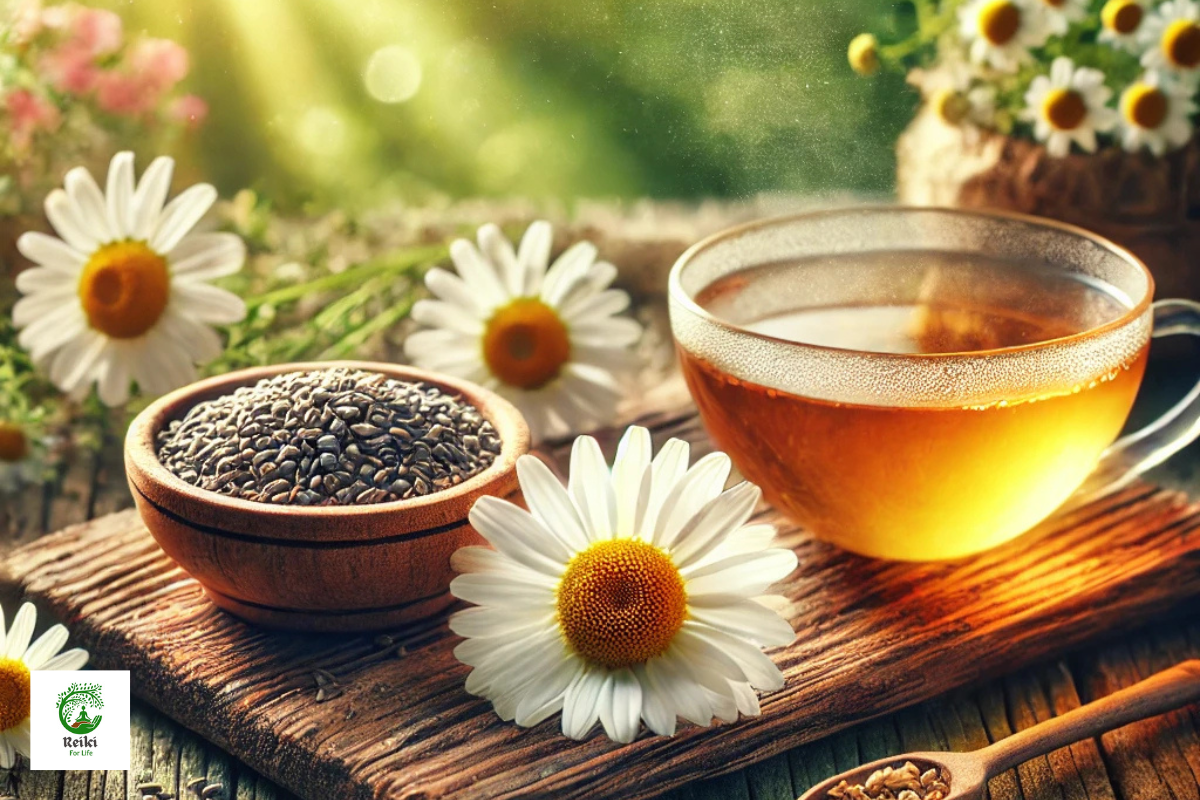A rare but dangerous disorder known as brain arteriovenous malformation (AVM) involves aberrant connections between the brain’s veins and arteries. Traditional Chinese Medicine (TCM), especially Chinese herbal medicine, provides a complementary and comprehensive approach to controlling AVM and fostering general brain health, whereas Western medicine frequently concentrates on surgical or less invasive treatments.
The application of Chinese herbal medicine to brain AVM, its advantages, and its potential as a complementary therapy to traditional treatments will all be covered in this article.
Understanding Brain Arteriovenous Malformation
When arteries and veins in the brain are connected by an aberrant tangle of blood vessels, brain AVM results. This interferes with the regular flow of blood and oxygen, which may result in problems including headaches, seizures, or in extreme situations, brain hemorrhage.
Conventional treatments include surgery, embolization, and radiosurgery. However, for individuals seeking non-invasive or supplemental therapies, Chinese herbal medicine offers a unique perspective rooted in thousands of years of practice.
How Does Chinese Herbal Medicine Work?
Chinese herbal medicine focuses on restoring balance within the body. It views health conditions, including brain AVM, as imbalances in Qi (life energy), blood flow, and organ functions. By using carefully selected herbs, TCM practitioners aim to:
- Improve blood circulation
- Reduce inflammation
- Strengthen vascular integrity
- Alleviate symptoms such as headaches or dizziness
The Role of Chinese Herbal Medicine in Brain AVM
Enhancing Blood Flow and Circulation
In TCM, brain AVM is often associated with “blood stasis,” a condition where blood flow is obstructed or slowed. Herbs like Dan Shen (Salvia miltiorrhiza) and Chuan Xiong (Ligusticum wallichii) are commonly used to invigorate blood flow and prevent clotting.
Reducing Hemorrhage Risk
Herbs that strengthen blood vessels and reduce the likelihood of rupture are crucial for managing AVM. Huai Hua Mi (Sophora japonica flower buds) is one such herb known for its hemostatic properties.
Supporting Brain Function
Cognitive and neurological symptoms related to AVM, such as memory problems or dizziness, can be addressed with herbs like Gou Teng (Uncaria rhynchophylla) and Tian Ma (Gastrodia elata), which are believed to calm the liver and reduce internal wind—a metaphor for erratic nerve activity.
Anti-Inflammatory and Neuroprotective Effects
Inflammation and oxidative stress often accompany vascular abnormalities. Herbs like Huang Qin (Scutellarin baicalinase’s) and Shan Zhu Yu (Cronus officinalis) are valued for their ability to combat inflammation and protect neurons from damage.
Commonly Used Herbs for Brain AVM in TCM
| Herb Name | Primary Function | TCM Perspective |
|---|---|---|
| Dan Shen | Enhances blood circulation, prevents clotting | Resolves blood stasis |
| Chuan Xiong | Improves vascular health, alleviates pain | Invigorates blood and Qi |
| Gou Teng | Reduces hypertension, calms the nervous system | Clears liver heat, subdues wind |
| Tian Ma | Addresses dizziness and seizures | Calms liver, alleviates spasms |
| Huai Hua Mi | Stops bleeding, strengthens blood vessel walls | Cools blood, stops hemorrhage |
| Huang Qin | Anti-inflammatory, supports immune function | Clears heat, resolves toxicity |
Integrating Chinese Herbal Medicine with Modern Treatments
Chinese herbal medicine is not a replacement for conventional AVM treatments but can be a supportive therapy. Here’s how integration works:
- Pre-Surgery Preparation: Herbs that improve circulation and reduce inflammation can enhance recovery outcomes.
- Post-Treatment Recovery: Herbal formulas may help manage side effects like swelling or fatigue after surgery or radiosurgery.
- Holistic Management: For individuals who cannot undergo invasive procedures, TCM offers a non-surgical approach to symptom management.
Collaboration between TCM practitioners and neurologists is essential to ensure safety and effectiveness.
Safety Considerations
When using Chinese herbal medicine for brain AVM, safety is paramount.
- Consult a Licensed Practitioner: Self-prescribing herbs can be dangerous, especially for complex conditions like AVM.
- Monitor Dosages: Herbs with potent effects on blood flow, such as Dan Shen, should be carefully dosed to avoid excessive thinning of the blood.
- Avoid Interactions: Inform your healthcare providers about herbal treatments to prevent adverse interactions with medications.
Research and Evidence on Chinese Herbal Medicine for Brain AVM
Though more research is needed, preliminary studies suggest the potential of certain herbs in supporting vascular health and neurological function. For example:
- Dan Shen and Chuan Xiong: Clinical trials indicate their effectiveness in improving cerebral blood flow and reducing ischemic events.
- Gou Teng: Animal studies highlight its role in reducing hypertension and protecting neurons from oxidative stress.
These findings align with TCM principles, suggesting that Chinese herbal medicine can complement conventional approaches to managing vascular conditions.
Benefits of Chinese Herbal Medicine for Brain AVM
- Non-Invasive Option: For patients unsuitable for surgery, herbal remedies provide an alternative.
- Holistic Healing: TCM focuses on overall health, addressing not just AVM but associated symptoms like headaches or anxiety.
- Personalized Care: Each herbal formula is tailored to the individual’s constitution and symptoms.
Frequently Asked Questions
Can Chinese herbal medicine cure brain AVM?
No, Chinese herbal medicine cannot cure AVM. However, it can help manage symptoms, support vascular health, and enhance overall well-being as part of a comprehensive treatment plan.
Is Chinese herbal medicine safe for brain AVM patients?
When prescribed by a licensed TCM practitioner, it is generally safe. However, patients should disclose all treatments to their healthcare providers to avoid interactions.
How long does it take to see results with Chinese herbal medicine?
The severity of the illness and the individual both affect the results. While some people may need longer-term treatment, others may get symptom alleviation in a matter of weeks.
Can TCM be used alongside Western medicine for AVM?
Indeed, TCM is frequently employed as an adjunctive treatment. The finest results are guaranteed when TCM and Western medicine providers work together.
Are there side effects of Chinese herbal medicine?
When herbs are taken properly, side effects are uncommon but can include allergic responses or upset stomach. Always seek professional advice.
How do I find a qualified TCM practitioner?
Look for practitioners certified by organizations like the National Certification Commission for Acupuncture and Oriental Medicine (NCCAOM) or equivalent local authorities.
Conclusion
Chinese herbal medicine, which emphasizes balance, circulation, and overall health, is a possible treatment option for brain arteriovenous malformation. TCM can support traditional treatments and help patients attain better results and increased well-being, but it cannot replace contemporary medical approaches. To guarantee a safe and efficient strategy catered to your requirements, speak with a skilled practitioner if you’re thinking of including Chinese herbal medicine in your treatment regimen.

